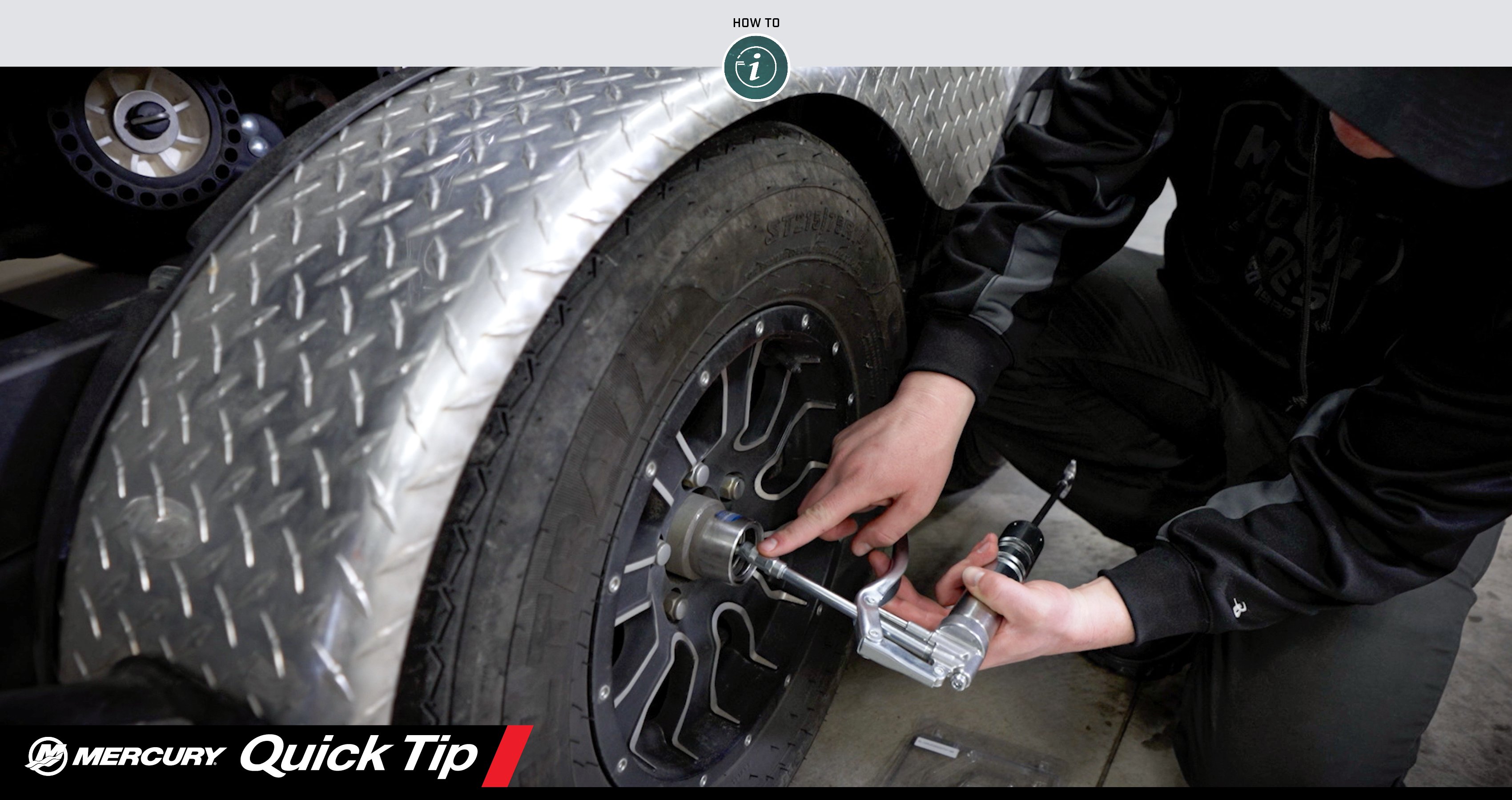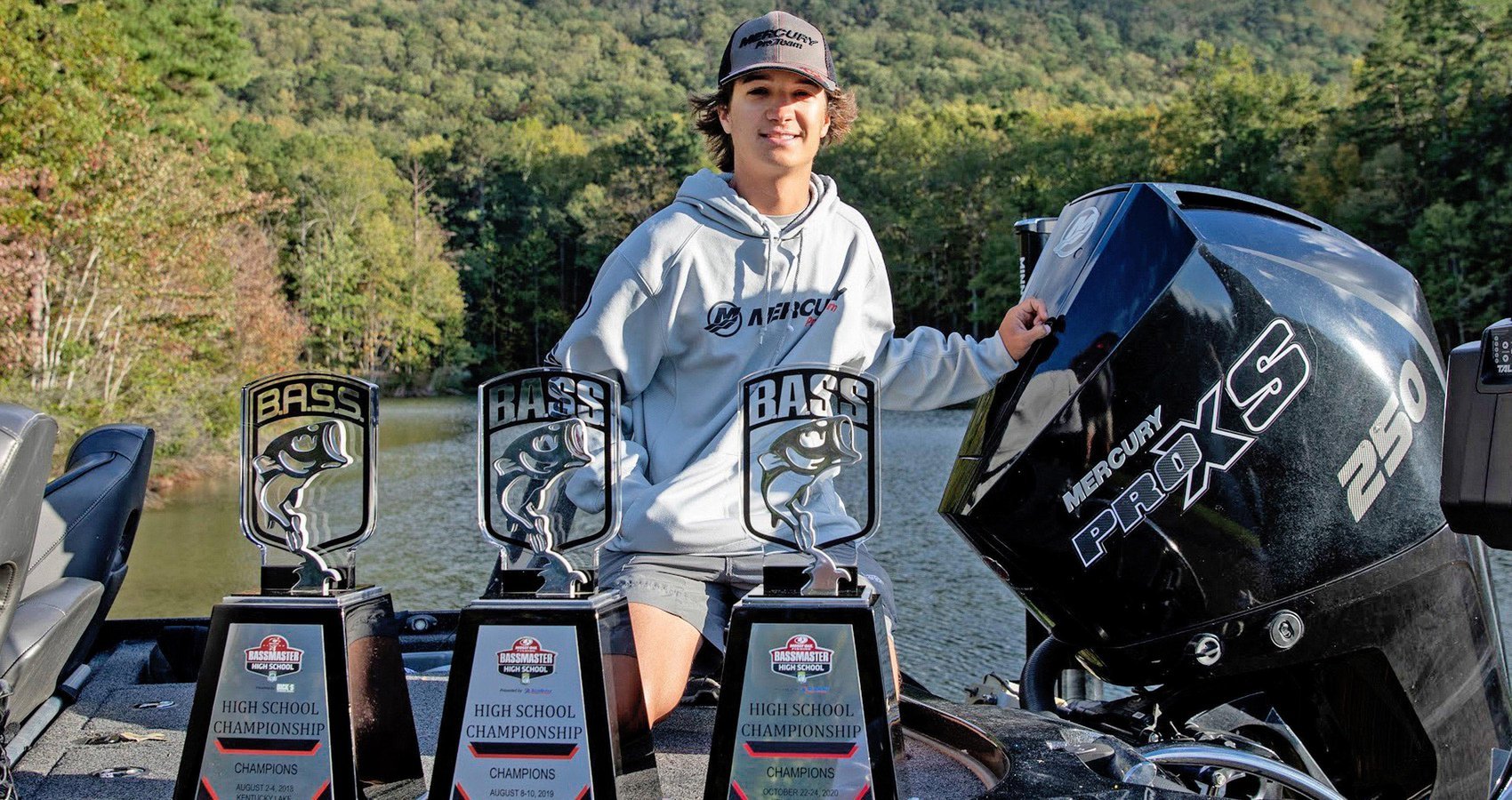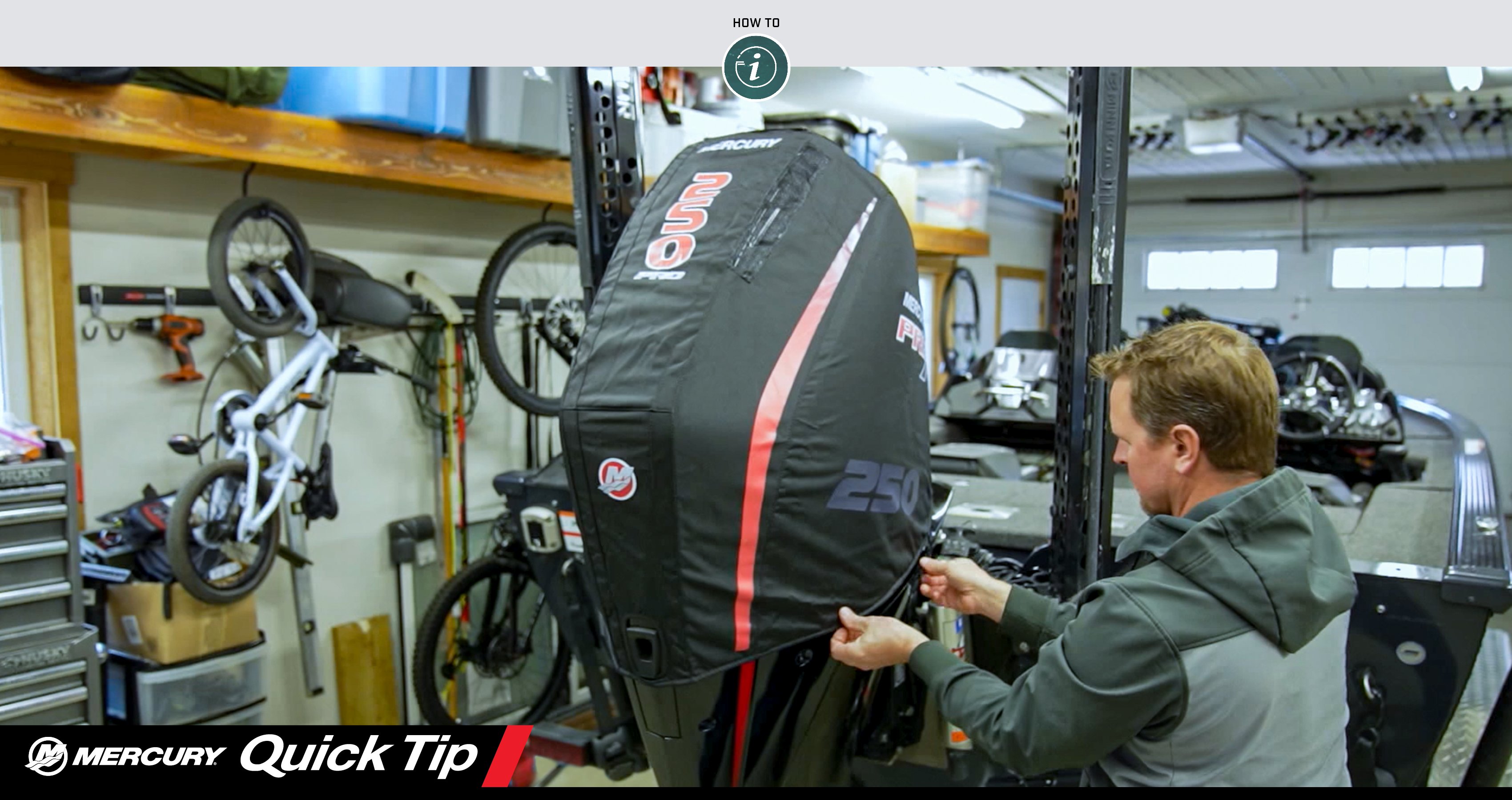Tournament fishing has a significant place and influence in the fishing industry. The innovations developed by tournament anglers drive a lot of trends in the sport. Tournaments also unite anglers on bodies of water across the country and around the world. These events shape how many anglers fish and help build wonderful communities around a shared passion.
Tournaments aren’t for every angler. A quiet evening on the lake is vastly different than an early morning blastoff on tournament day. But for some anglers, competing with and against friends makes fishing more enjoyable.
Thankfully, the opportunities in tournament fishing are nearly endless. Whether you’d like to one day compete as a professional on a major trail, or you’re happy to compete as a club angler on a local lake, there’s a tournament that’s right for everyone.
Here’s some advice on how to get started.
Get Started Now
Competitive fishing doesn't have the same age-based barriers to entry as many traditional sports. Parents of young anglers often struggle to decide on the best time to begin tournament fishing with their son or daughter. Truthfully, there is no definitive answer, and a parent’s best judgment on this is paramount. Suppose a young angler wants to fish in a tournament and is comfortable being on the water. In that case, it can be very beneficial to experience a tournament with a parent or trusted adult at a young age.
Mercury partners with grassroots organizations such as the Bassmaster Federation Nation and The Bass Federation that offer youth events. These organizations are a great way to get kids started and guide anglers of all ages on how to get involved in fishing tournaments.
In addition, junior and high school programs via schools and bass clubs are rapidly growing across the country, giving young anglers excellent opportunities to experience tournament fishing alongside their peers and with guidance from experienced coaches and boat captains.
On the other end of the spectrum, there's no upper age limit to join a club or enter a local or regional event. You could team up with a more experienced angler to fish team events, or consider fishing as an amateur – or co-angler – in the back of the boat in a “draw tournament,” where boaters and co-anglers are paired up randomly for the day.
Start Small
Many anglers are often intimidated to begin tournament fishing due to a lack of fishing experience. Don’t let that stop you. The best advice is to choose the right event for your skill level.
It’s usually best to start small. Competing in a tournament with a large field of highly accomplished anglers is likely not the best way to get going. Instead, consider joining a club. The competition is usually friendly, and there are great opportunities to learn. Many clubs are connected with national tournament groups and offer chances to progress to bigger state or regional events each season.
When you start your search, begin by researching the circuits operating in your area to find out how they’re structured. Tournament organizations’ websites and Facebook pages include essential details like contact information for the tournament director, tournament fees, rules and tournament dates. The best bet is often to call the tournament director directly.
Or check out a local weigh-in to see how a circuit operates.
Every tournament organization operates under its own rules and guidelines, within the regulations established by state wildlife agencies. In general, all competitors are required to possess the appropriate fishing license for the time and place they compete and have a requisite boat and liability insurance policy as outlined by the organization. Additional competition costs include annual membership dues, tournament entry fees, and fuel and lodging costs. For co-anglers, the rules are similar, and it's common to chip in on the boater's fuel costs.
While everyone wants to win, you should approach your first few events as a learning experience. Start by setting small and attainable goals, like weighing in a limit or earning points toward a championship. Then build up from there.
Find the Right Partner
Team tournaments are common in local trails. Finding a partner to fish with is one of the most valuable keys to tournament fishing. Many times, growth as an angler comes based on who the teammate is. You might be able to find a partner through a local club, or ask a friend to join you. Try to find someone with similar goals and a positive attitude.
As with any team sport, it is vital to have a game plan before the tournament. Practice fishing in the lead-up to a tournament will make it easier to identify areas on the body of water that each angler feels confident fishing. A plan for where and how to fish provides the best chance for a successful day. But, if things don’t proceed as planned, don’t be afraid to make a change.
If you prefer not to fish in a team tournament or don’t have access to a boat, then fishing as a co-angler is an excellent opportunity to learn about competitive angling. There are other benefits, too, such as being able to travel to new lakes. Joining a boater for practice is also a great learning experience.
Tournament Necessities
Proper gear prep before a tournament day is essential. The boat, tackle, rods and reels are obvious essentials, but there are other items to bring along.
First and foremost, make sure you bring a properly fitting life jacket for each person in the boat, along with a throwable flotation cushion. The tournament rules and state laws require this equipment. Each time the boat leaves the dock, the boater must test the lanyard stop switch and ensure it is properly connected to the boat operator’s life jacket.
A measuring board is also needed to ensure all caught fish meet the minimum size limit. As simple as it might seem, a net is another tournament necessity. Nothing is worse than hooking a much-needed fish then being unable to put it on the scale at the end of the day because it broke off or came unhooked.
A functioning livewell is also required for most tournaments, not only to keep caught fish alive for the weigh-in and avoid penalties, but also to help conserve the fishery. Livewells have pumps to keep fresh water cycling in. Keeping the livewell water cool will increase the oxygen capacity of the water for the fish, so bring along a bag of ice to add to the livewell in summer tournaments.
More recently, some tournament circuits have begun conducting catch-record-release events, where fish are caught, measured, photographed and then recorded using a mobile app. This is another fun advancement that has allowed more people to enjoy tournaments from boat, kayak or even on shore.
Final Words
As mentioned, many anglers who fish tournaments often claim that competing makes fishing more enjoyable for them and makes them step up their game. But, tournament fishing is not for everyone. Fishing is a sport, but it is also a past time. For some, the stress and frustration of a tournament take some of the fun out of it. The choice is up to you.
If you do decide to give tournament fishing a try, be sure to keep it fun. Make sure you’re doing it for the enjoyment of the experience and not putting too much pressure on yourself to win. Over time, you might decide to start competing at a higher level. Regardless, many anglers find that once they start fishing tournaments, they can’t wait to sign up for the next one!




